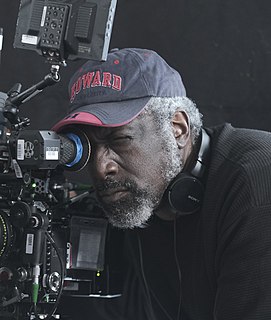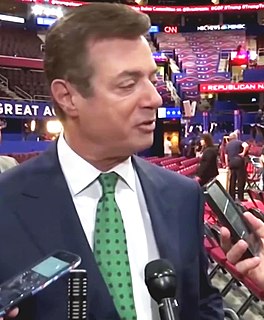A Quote by Kevin Grevioux
In terms of viewing the world in a certain way, when you're talking about monsters and talking about the metaphor that you're trying to create, as Black Americans, you oft times stand apart and you have to look at things from the inside out or the outside in.
Related Quotes
Who are we talking about? We're talking about the people that are trying to criminalize Donald Trump. We're talking about the people that are trying to impeach him. We're talking about people who are trying to via innuendo and leak and media assassination, we're dealing with people that are trying to destroy Donald Trump and his press secretary just signaled that they are serious about reaching out to these people to try to get certain things done, legislatively, like infrastructure or tax reform.
She [Hillary Clinton] knows the people well. I think there is - you know, also talking about breaking down barriers and talking about that, whether we`re talking about that in economic terms. I mean, she`s the only person who has been out there talking about white privilege and talking about sort of the intersectionality of some of these issues.
Remember, we're talking [in The Black Power Mixtape] about 1967, the year before [Martin Luther] King's assassination. We're talking about the emergence of black power, which is a discussion King mentioned in his last book, Where Do We Go from Here: Chaos or Community? We're talking about the meaning of black power and the possibility that it alienated our supporters, both white and black.
Trump is an outsider; maybe you don't know. So he is sitting in a room: he is talking business, he is talking politics - in a private room, it's a different persona. When he's out on the stage, he is talking about the kinds of things he's talking about himself; he's projecting an image that's for that purpose.




































